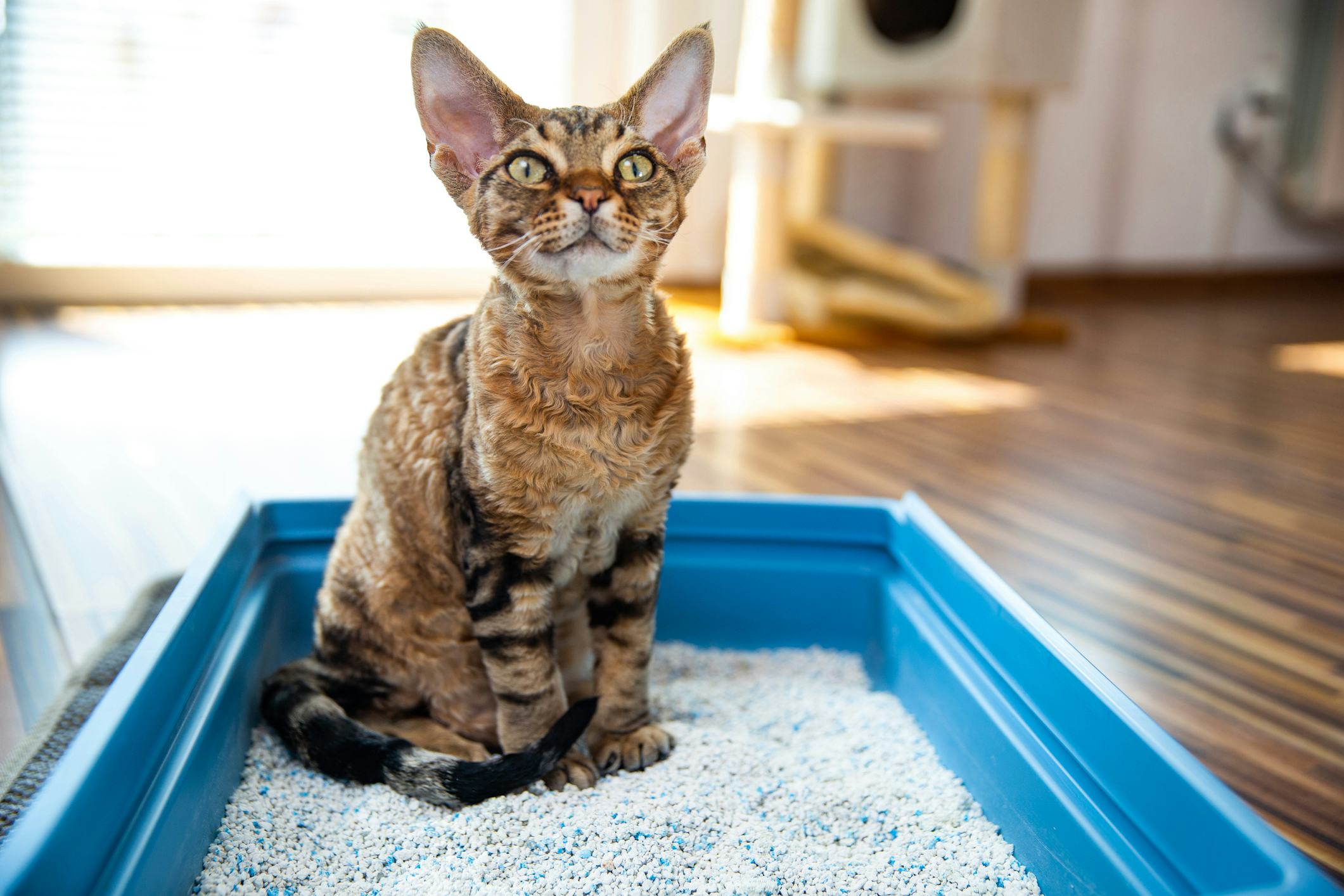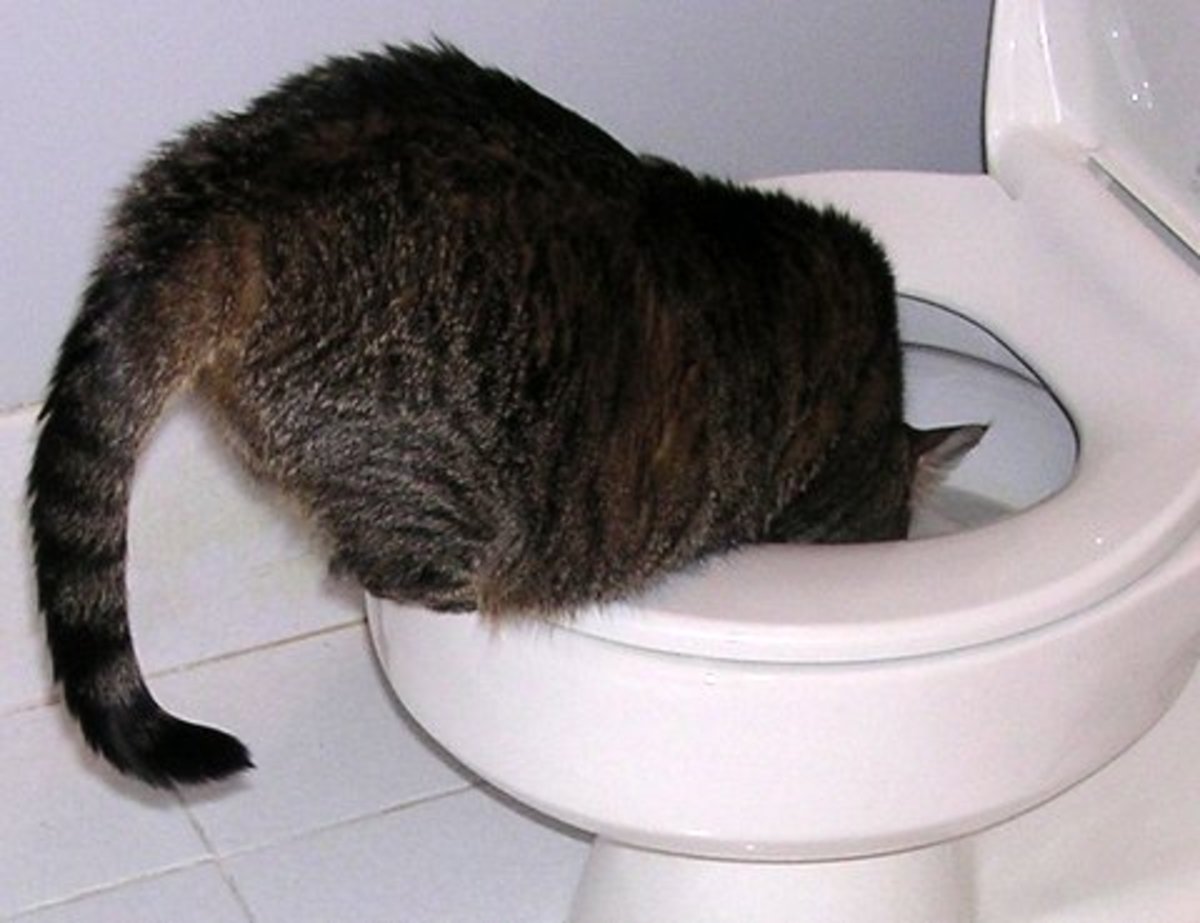Why Flushing Cat Poop Down Your Toilet Can Cause Problems - Tips for Proper Handling
This SiteWe've stumbled on this article involving How to Dispose of Cat Poop and Litter Without Plastic Bags directly below on the web and concluded it made good sense to discuss it with you on this site.

Intro
As cat owners, it's vital to bear in mind exactly how we throw away our feline pals' waste. While it might seem convenient to flush feline poop down the commode, this practice can have detrimental consequences for both the atmosphere and human wellness.
Environmental Impact
Flushing cat poop presents unsafe virus and parasites right into the water, presenting a significant threat to water ecosystems. These pollutants can adversely impact aquatic life and compromise water high quality.
Wellness Risks
In addition to environmental problems, flushing feline waste can additionally pose wellness threats to people. Cat feces may have Toxoplasma gondii, a parasite that can cause toxoplasmosis-- a potentially serious disease, especially for pregnant women and people with weakened body immune systems.
Alternatives to Flushing
Fortunately, there are safer and much more accountable methods to take care of pet cat poop. Take into consideration the complying with choices:
1. Scoop and Dispose in Trash
One of the most common approach of dealing with feline poop is to scoop it right into a naturally degradable bag and throw it in the trash. Make certain to utilize a committed trash inside story and get rid of the waste immediately.
2. Usage Biodegradable Litter
Opt for biodegradable cat trash made from materials such as corn or wheat. These clutters are environmentally friendly and can be safely dealt with in the garbage.
3. Hide in the Yard
If you have a backyard, think about burying pet cat waste in an assigned location away from veggie yards and water resources. Be sure to dig deep adequate to stop contamination of groundwater.
4. Mount a Pet Waste Disposal System
Buy a pet dog garbage disposal system particularly made for feline waste. These systems make use of enzymes to break down the waste, reducing smell and ecological impact.
Final thought
Accountable animal possession prolongs beyond supplying food and shelter-- it likewise involves correct waste administration. By avoiding purging cat poop down the bathroom and choosing different disposal methods, we can decrease our ecological footprint and shield human health and wellness.
Why You Should Never Flush Cat Poop Down the Toilet
A rose by any other name might smell as sweet, but not all poop is created equal. Toilets, and our sewage systems, are designed for human excrement, not animal waste. It might seem like it couldn’t hurt to toss cat feces into the loo, but it’s not a good idea to flush cat poop in the toilet.
First and foremost, assuming your cat uses a litter box, any waste is going to have litter on it. And even the smallest amount of litter can wreak havoc on plumbing.
Over time, small amounts build up, filling up your septic system. Most litter sold today is clumping; it is made from a type of clay that hardens when it gets wet. Ever tried to scrape old clumps from the bottom of a litter box? You know just how cement-hard it can get!
Now imagine just a small clump of that stuck in your pipes. A simple de-clogger like Drano isn’t going to cut it. And that means it’s going to cost you big time to fix it.
Parasitic Contamination
Believe it or not, your healthy kitty may be harboring a nasty parasite. Only cats excrete Toxoplasma in their feces. Yet it rarely causes serious health issues in the cats that are infected. Most people will be fine too if infected. Only pregnant women and people with compromised immune systems are at risk. (If you’ve ever heard how women who are expecting are excused from litter cleaning duty, Toxoplasma is why.)
But other animals may have a problem if infected with the parasite. And human water treatment systems aren’t designed to handle it. As a result, the systems don’t remove the parasite before discharging wastewater into local waterways. Fish, shellfish, and other marine life — otters in particular — are susceptible to toxoplasma. If exposed, most will end up with brain damage and many will die.
Depending on the species of fish, they may end up on someone’s fish hook and, ultimately on someone’s dinner plate. If that someone has a chronic illness, they’re at risk.
Skip the Toilet Training
We know there are folks out there who like to toilet train their cats. And we give them props, it takes a lot of work. But thanks to the toxoplasma, it’s not a good idea.

I am just very interested by Can You Flush Cat Poo or Litter Down the Toilet? and I am assuming you appreciated the entire blog post. Enjoyed reading our blog posting? Please share it. Let another person discover it. Thank-you for taking the time to read it.
See Availability